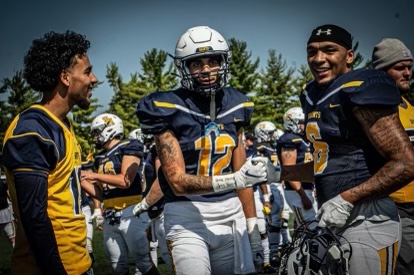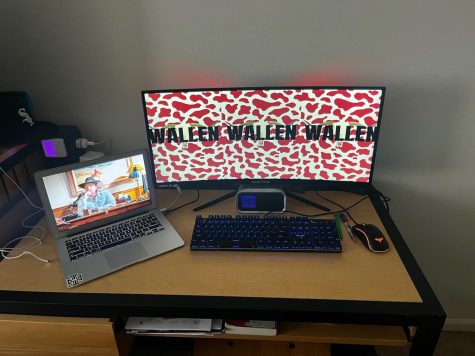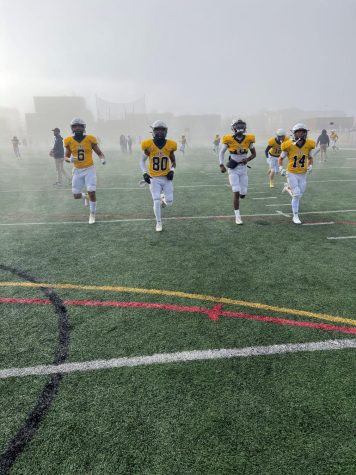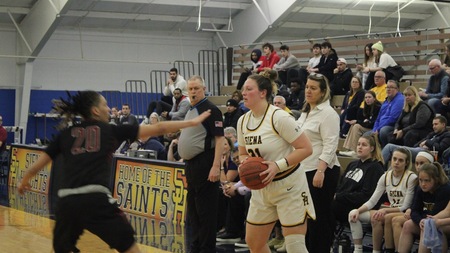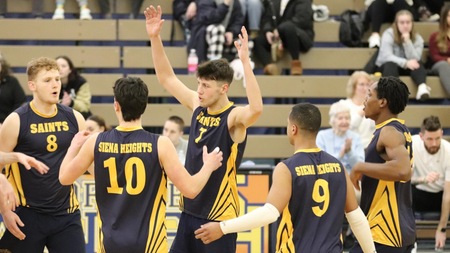Should College Athletes Be Banned From Social Media?
When you tweet something, what’s the first thing to come to mind? How many retweets or favorites it will receive? How hilarious you think you are? How relatable it is? Well, what you should be thinking about is who will see it.
Colleges across the U.S. are considering banning student-athletes from using social media. Mississippi State, South Carolina, Towson and Boise State have already put a ban on tweets or limited tweets for their student-athletes. Not only does this affect current student-athletes who have a contract and scholarship to maintain, but also high school athletes trying to receive scholarships or have already signed.
Just an example of the consequences would be in January 2012. A high school student, Yuri Wright, was expelled from his private high school and lost his college football scholarship because of a sexually and racially offensive tweet.
So does the ban violate First Amendment rights, or is it smart to keep the reputation of the program? When we tweet, we are given the freedom of speech, to say whatever we so choose. But people abuse that power and tweet offensive things or things that could ruin the reputation of a school or program – in less than 140 characters. Banning student-athletes from tweeting is not actually a violation of freedom of speech; it would just be something that would need to be put down in a contract or a team rule that would be one of the many sacrifices students-athletes make. That way it would be an agreement, not a violation. If a student-athlete would make a decision to walk away from a scholarship because they can’t tweet or have to be monitored when they do, then that’s not an athlete worth signing.
All in all, you, as a student-athlete are the representation of your family, your team and your school. Make sure to make them proud with every decision you make and not to give them something to worry about.



